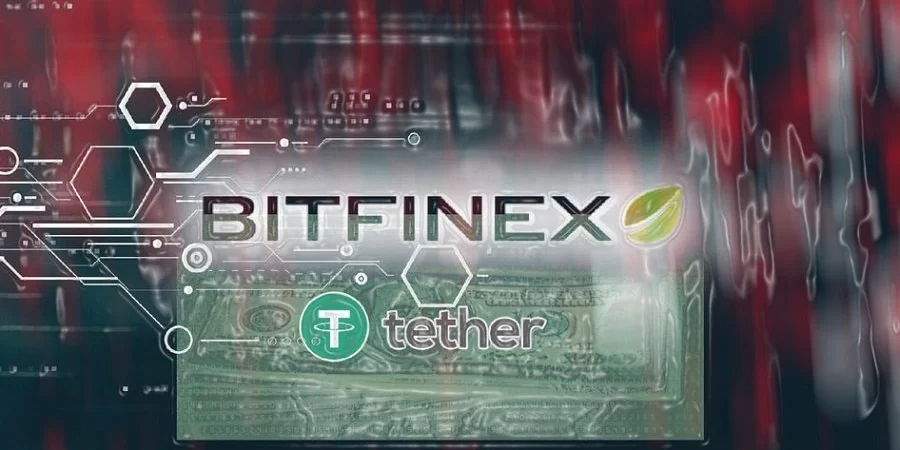Crypto companies Bitfinex and Tether have jointly entered the peer-to-peer (P2P) application market by offering private video communications with the ability to integrate USDT.
Together with P2P infrastructure developer Hypercore, the companies created a new legal entity and protocol called Holepunch. Based on it, three project participants launched the Keet application for peer-to-peer cryptographically encrypted video calls.
Keet will allow users to schedule audio and video calls, send text messages and share files for free. The app is based on a technology called Distributed Holepunching (DHT), which allows users to find and connect to each other “using only cryptographic key pairs.”
Bitfinex and Tether CTO and Chief Strategy Officer of Holepunch Paolo Ardoino said in an interview that the companies have been developing the technology for the past five years and have invested about $10 million to build Holepunch and Keet. The top manager added that companies are ready to invest between $50 million and $100 million in the future as more P2P applications are created.
“We are working to create a platform that will allow users to access applications that cannot be closed, and thus ensure freedom of speech,” Ardoino assured.
He stated that in many countries freedom of speech is more limited than in the US or the UK:
“Freedom of speech is not just the right to say whatever you want. This means that you can share any information with the people you need without worrying about being tapped or having your data used against you.”
The Holepunch protocol is currently closed source and plans to move to open source in December. Once the source code is open, anyone can build applications based on the protocol and earn money, Ardoino promised.
Holepunch intends to integrate the Lightning Network protocol and the stablecoin Tether (USDT) to support the payment system. Holepunch is led by CEO Mathias Buus, who has worked on open source and P2P projects for many years and has been involved with Node.js, an open source server framework, from the beginning.
In June, the CTO of cryptocurrency exchange Bitfinex and Tether called the USDT stablecoin a tool of freedom and a way to use bitcoin in real life.







